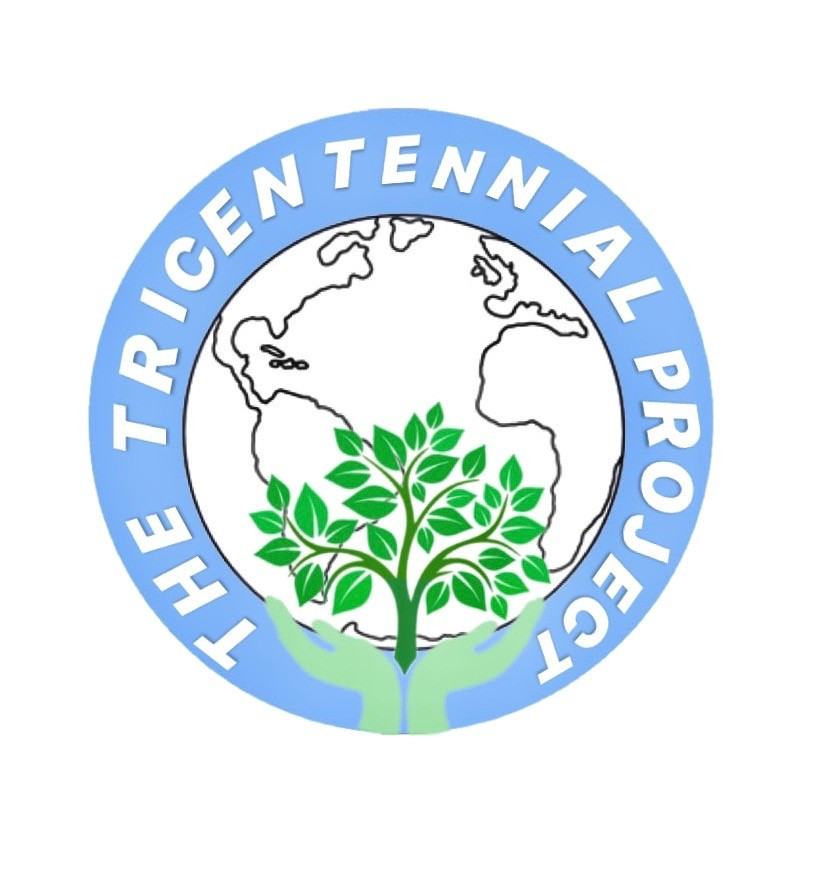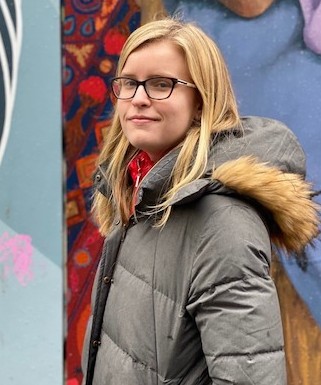An Intergenerational Approach to Climate Change

Climate change remains one of the most urgent global issues at the intersection of science and society. Current scientific predictions vary in the severity and speed in which our world will evolve, but one sentiment is clear: we must take immediate action. Students like those part of The Tricentennial Project have heard that call.
The Tricentennial Project is led by Ellie Hansen, an incoming junior at Columbia University studying psychology, who sat down with our work-study student Ariana Novo to speak about the project. As an intern-scholar with the Center’s Research Cluster on Science and Subjectivity (RCSS), she is working alongside Cluster Leader Dr. Robert Pollack to form a group of concerned Columbia undergraduate students and professors who will be meeting for online discussions on climate change “to specifically address knowledge gaps and power gaps within the University.” With Columbia approaching its tricentennial in 2054, students and faculty in this project are coming together to bring interdisciplinary and intergenerational solutions to the subject of climate change for the hope of a better future.
Hansen started the Project with the help of Mariel Sander, another intern-scholar who has since graduated. Interested in the concept that “climate change is a crisis of social relations as well as natural resources, and a product of our social environment as well as our physical one,” they decided together that The Tricentennial Project should address the issues of climate change while rejecting the use of the same social structures that have allowed the crisis to remain unresolved. For example, by flipping the status quo between professors and students, student influence on climate research may increase, while enhancing and solidifying the relationship between professors and students that may bring fresh ideas to the table.
Hansen notes that in many situations, “the relationships between young people and the University … are so often seen as adversarial or paternalistic, either you’re just passively receiving knowledge or you’re fighting against this administration.” However, intergenerational partnerships are a key component in solving problems like climate change, “a catastrophe of such proportions that no one really knows the answer, … no one has all of the knowledge.” As Hansen noted, “climate change affects young people far more than the professors and yet they don’t have the power to do anything about it.” With The Tricentennial Project, that power will be more evenly distributed across generations and disciplines through a series of open discussions via Zoom throughout the fall.
The recent tragedies and challenges of 2020—the COVID-19 pandemic and ongoing systemic racism and police brutality—have added urgency to the project, which aims to confront the social relations and power imbalances that exacerbate these issues, as well as climate change. Initial meetings will focus on understanding and codifying student interests, which will evolve into dedicated conversations on loose themes related to climate change, such as environmental racism or sustainable food sources. The Project’s long term plan is purposefully fluid and may follow in the path of another RCSS endeavor, The Sunday Dinner Series on Race and Medicine, which was originally established as a discussion series, but eventually developed into a conference and Columbia course, Marginalization in Medicine. Following this precedent, Hansen noted that “a class is one established pathway in RCSS…whether it’s an interdisciplinary climate class or a climate humanities seminar, or some sort of flipped classroom, even.”

Along with the regular members of the group, The Tricentennial Project is planning to collaborate with various centers at Columbia to bring in professors and students whose research either reveals or examines a gap within one of the chosen topics. The team has partnered with Director Alex Halliday’s office at The Earth Institute for better access to faculty, resources, publicity, and student feedback and will soon be discussing an upcoming partnership with Schefs, a themed conversation platform founded at Columbia.
With universities like Columbia preparing students for the years to come, how can we ensure that the future is one in which the next generations can live and thrive? The Tricentennial Project is meant to shine a light on the instability and anxiety young people feel about climate change and help them to build the multigenerational and interdisciplinary collaborations they will need to find solutions. As Hansen succinctly puts it, “We need everyone’s help to address the issue for what it is: a crisis of the human race”
The Tricentennial Project is accepting new members and ideas for meetings. If you are a Columbia student or faculty member interested in joining, fill out the interest form.
